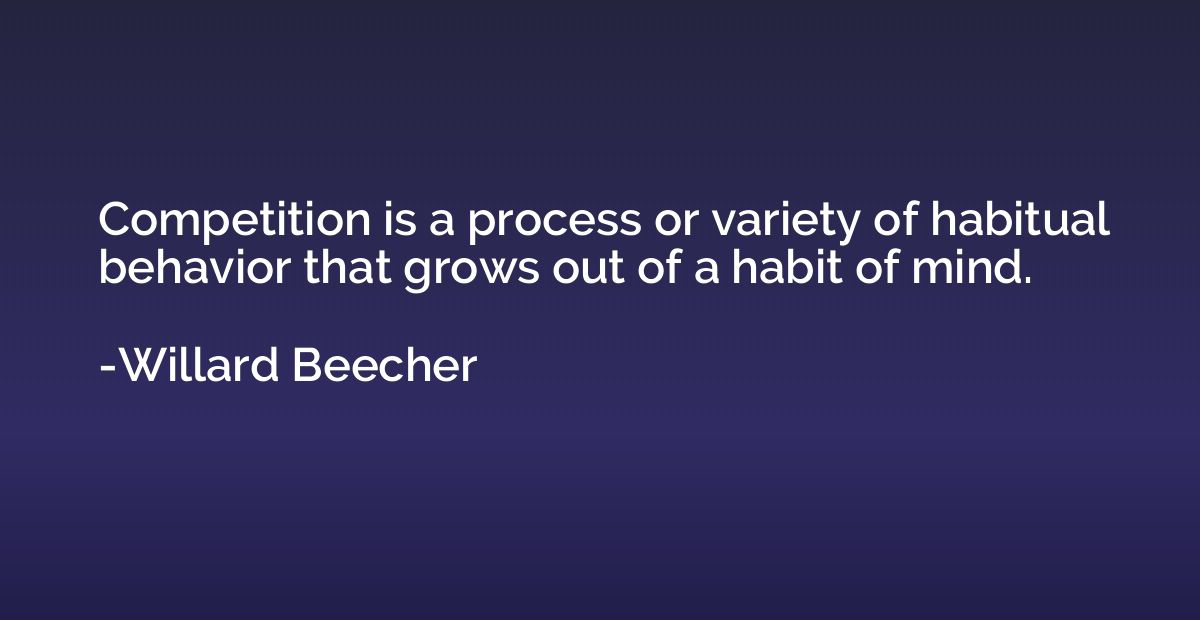Quote by Thomas Arnold
Real knowledge, like everything else of value, is not to be obtained easily. It must be worked for, studied for, thought for, and, more that all, must be prayed for.

Summary
This quote emphasizes that acquiring true knowledge is not an effortless endeavor. It suggests that genuine knowledge requires effort, dedication, and intellectual engagement. It underscores the importance of active studying, deep thinking, and continuous learning to attain comprehensive understanding. Moreover, the inclusion of prayer in the quote suggests that seeking divine guidance and wisdom is a crucial component of obtaining genuine knowledge. In essence, the quote conveys that true knowledge is a result of a combination of hard work, critical thinking, and spiritual reflection.














